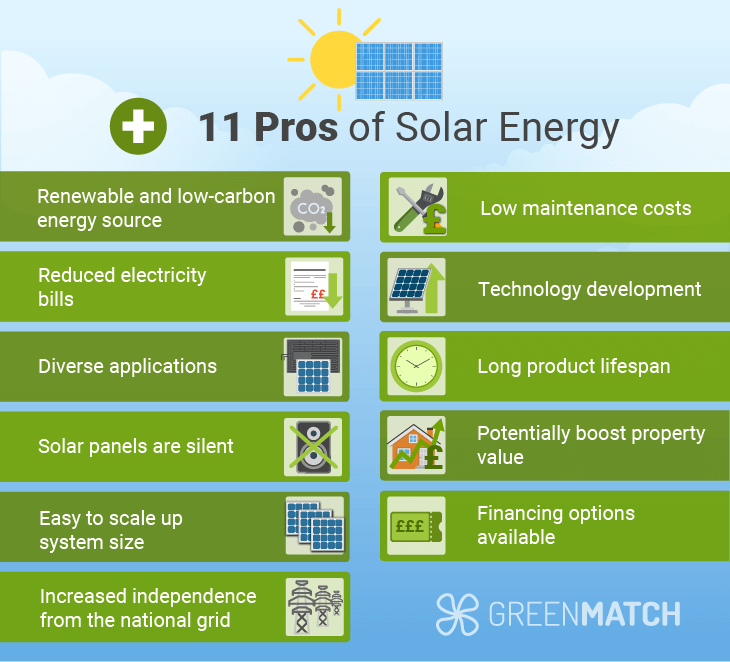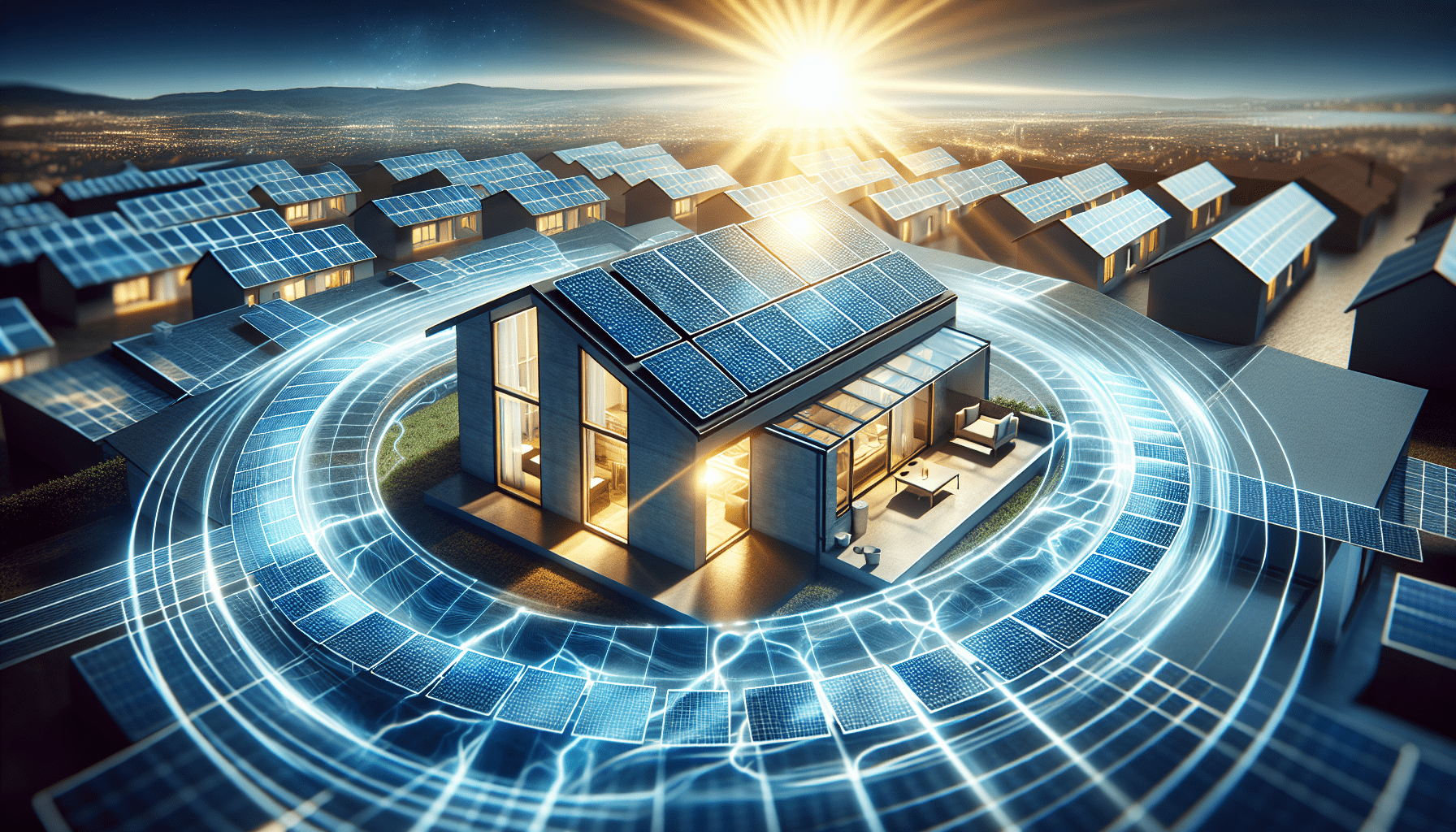I remember the first time I saw a solar panel up close. It was a few years ago, during a trip to a friend’s home in a sunny part of California. The sleek, dark panels gleamed on the roof, capturing the sun’s energy and transforming it into something that could power their entire home.
It was a fascinating sight, and it sparked my curiosity about solar power. I began to explore the costs and benefits, and what I found was not only compelling but also potentially transformative for both individuals and society at large.
Solar power costs can initially seem daunting. The expense of purchasing and installing solar panels can range from several thousand to tens of thousands of dollars, depending on the size and scope of the system. However, understanding the full picture reveals a much brighter scenario.
Over time, solar panels pay for themselves through the energy savings they provide. Many homeowners see a significant reduction in their electricity bills, often up to 70–80%. Furthermore, with various government incentives, tax credits, and rebates, the initial financial burden can be significantly alleviated.
But the financial benefits of solar power extend far beyond individual savings. On a larger scale, the economic benefits of solar power are substantial. For instance, solar energy contributes to energy independence by reducing reliance on imported fuels.
This shift not only bolsters national security but also stabilizes energy prices, insulating economies from the volatile swings of fossil fuel markets. Additionally, the solar industry creates numerous jobs, from manufacturing to installation to maintenance. These jobs often offer competitive wages and can’t be outsourced, providing stable employment opportunities within local communities.
As I delved deeper, I found myself asking, how does solar power help the economy in more nuanced ways? For one, solar power infrastructure can stimulate local economies. The installation of solar panels requires skilled labor, which means job creation in various sectors such as engineering, construction, and sales.
Moreover, as solar technology becomes more widespread, we see an increase in small businesses dedicated to solar panel installation and maintenance, further diversifying local economies.
From an environmental perspective, the benefits of solar energy to humans are profound. Solar power is a clean, renewable source of energy that does not emit harmful pollutants or greenhouse gases.
This leads to improved air quality and a reduction in respiratory and cardiovascular health issues, which are often exacerbated by fossil fuel emissions. Cleaner air means healthier communities and lower healthcare costs, which is another way solar power has an economic impact.
Moreover, the move towards solar energy promotes sustainable living. By harnessing the sun’s power, we reduce our carbon footprint and mitigate the adverse effects of climate change.
This environmental stewardship is crucial for future generations, ensuring that we leave behind a planet that is capable of sustaining life. This long-term vision is not just about survival but thriving in a healthier, more balanced ecosystem.

When considering solar power’s economic impact, it’s also essential to look at how it transforms the energy market. Traditional power plants require significant ongoing investments in fuel and maintenance, costs that are ultimately passed on to consumers.
In contrast, solar energy systems, once installed, have minimal operational costs. This shift leads to more predictable and lower energy prices over time, benefiting consumers and businesses alike.
Reflecting on the tangible benefits of solar panel installation, I recall my friend’s experience. After installing solar panels, they not only enjoyed lower electricity bills but also the satisfaction of contributing to environmental sustainability.
They mentioned the joy of watching their meters run backward as they fed excess energy back into the grid, a common benefit for many solar panel owners. This concept, known as net metering, allows homeowners to earn credits on their electricity bills, further enhancing the economic attractiveness of solar power.
The process of switching to solar power is also a statement of personal and communal responsibility. It’s a commitment to a cleaner, more sustainable future. For many, the decision is driven not just by potential savings but by the desire to be part of the solution to global environmental challenges. It’s an investment in the future, one that yields returns not just in financial terms but in quality of life and community well-being.
In conclusion, the journey of discovering solar power costs and benefits has been enlightening. The initial investment in solar technology, though significant, is outweighed by long-term savings and environmental advantages.
Solar power offers substantial economic benefits, from job creation to energy independence, while also promoting healthier living conditions and sustainable practices. As more individuals and communities embrace this technology, the collective impact will be profound, driving economic growth and fostering a healthier planet.

This image is property of cdn.greenmatch.co.uk.
Through personal experiences and a deeper understanding of the broader implications, it’s clear that solar power is more than just an energy solution; it’s a path to a more sustainable and prosperous future.
And as I look back at that first encounter with a solar panel, I realize that it wasn’t just about witnessing a technological marvel, but about understanding the potential for real, positive change in the world around us.
Ready to take the next step towards energy savings and a sustainable future? Discover the key elements that influence your investment in solar power. Click here to learn more about the “Factors That Determine Solar Installation Costs” and find out how you can maximize the benefits of solar energy for your home today!

